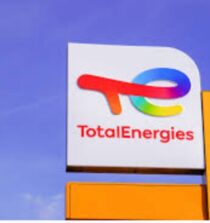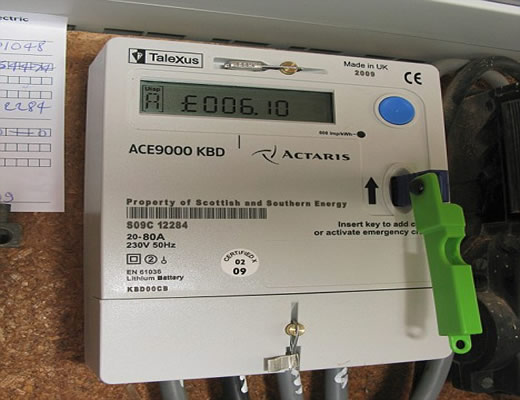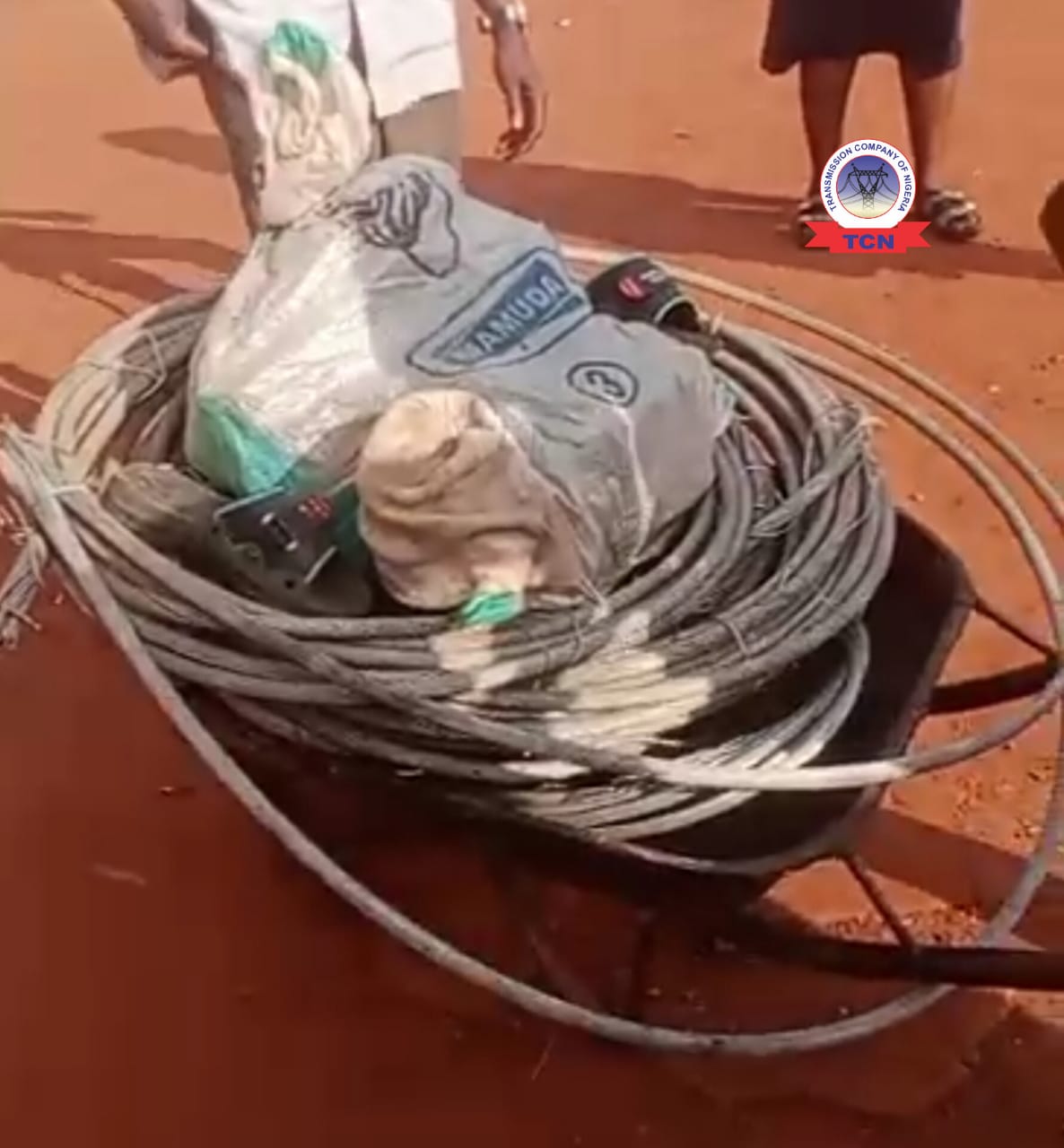Few months ago, the Nigerian Electricity Regulatory Commission (NERC) meter asset provider (MAP) regulation took effect, to close the end-user metering gap and eliminate the practice of ‘estimated billing’ with a few exceptions as envisaged under the said regulation.
Estimated billing gives electricity distribution companies (DisCos) discretion to unilaterally determine the estimation of electricity bill to be paid by consumer when such consumer does not have pre-paid meter.
Today, however, the official focus of the DisCos is electricity tariff which, they say, needs to be reviewed upwards to allow them invest in metering.
DisCos have mostly used the controversial and unpopular estimated billing system, leading to protests by residents of some estates.
Figures from Nigerian Electricity Supply Industry (NESI) show that out of 6, 159, 775 electricity customers, only 3, 206, 599 customers or 52 percent have so far been provided with metres leaving a gap of 2, 953, 176 unmetered electricity consumers.
NERC’s new regulation, effective April 03, will hopeful quicken closure of unmetered electricity consumers. The regulation defines a meter asset provider (MAP) as a person that is granted a permit by NERC to provide metering services which may include meter financing, procurement, supply, installation, maintenance and replacement.
Prior to the issuance of the Regulations, the responsibility for metering customers was handled exclusively by the electricity distribution companies (DisCos). Under the Regulations, DisCos remain responsible for meeting NERC’s assigned metering targets, but they are required to engage the services of MAPs.
“The MAP regulation is significant because it effectively unbundles Nigeria’s electricity distribution sector, by re-allocating the responsibility for providing metering services, effectively creating a new class of market participants” Abayomi-Olukunle, partner, private equity, venture capital and emerging companies at Balogun Harold, said in a recent comment published at BusinessDay.
Will this new regulation move the market? It is too early to show. DisCos show signs of financial strain and at the verge of insolvency.
Eight of the 11 electricity Distribution Companies (DisCos) have remitted N11.38 billion from the invoices of N44.44bn they received from Generation Companies (GenCos) for the electricity they purchased in February 2018; data from the Nigerian Bulk Electricity Trading PLC (NBET) has shown.
The update of monthly remittances for the 3,225 megawatts hour per hour (MWh/h) energy consumed by the DisCos posted on the website of NBET showed that the payment represented 25.62 per cent payment of the invoices. A sign of emerging cracks on in the balance sheets of DisCos.
Meter Asset Providers, considered within the context of the liquidity problems with DisCos would put an end to the traditional alibi of funds as reason for the slow pace of metering customers within their coverage area, it would appear that the MAP regulation has effectively shifted the financial and liquidity challenge as relates to the provision of metering services from DisCos to, hopefully, less-leveraged entities.
Other things been equal, the implementation of the MAP regulations should free-up the balance sheet of DisCos and allow for add-on investments in critical infrastructure.
By way of statutory mandate within the MAP regulation, DisCos must now engage MAPs in order to achieve the metering targets set by law. For the electricity consumer in Nigeria, the MAP regulation means that they will now be able to get electricity meters within 30 days of payment. Consumers need not wait endlessly for free meters anymore and may choose to pay upfront in full or pay in installments through programmed deductions from payments made for electricity consumption.
Prospective MAPs are required to submit an application for a MAP permit to NERC. The tenure of a MAP permit shall be for a period of 15 years. The DisCos are responsible for engaging the services of MAPs to operate within their franchise area, but they must adopt the procurement process outlined in Schedule II of the Regulations.
DisCos are also obligated to conclude the procurement process for the engagement of the first set of MAPs within 120 days from commencement of the Regulations.
Source: BUSINESS DAY







